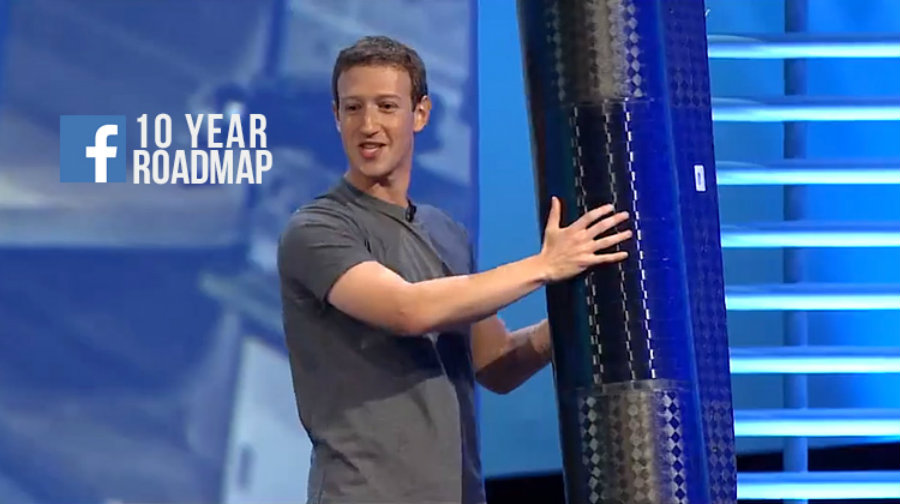Earlier this year Mark Zuckerberg explained his plans for 2026 which included bringing internet to the every human on Earth. These projects will consist of placing the company at the top of computer science and making aggressive moves like bringing artificial intelligence and virtual reality to the mainstream.
Zuckerberg also spoke about the company’s mission which he defined as making the whole world more open and connected, even if this means helping people to connect to the internet.
He also spoke about significant obstacles for those 4 billion people who are not connected to the internet today. He said that there are three major issues: Availability, affordability, and awareness.
Firstly, he spoke about the availability of networks. He explained that even when some people do have a phone they can’t get a signal because there is not mobile broadband network or there is no fiber where they live. He said that there are about 1.6 billion people in this situation.
Secondly, he spoke about the affordability of the network. He referred that there are about one billion people who even though they can technically access the internet, they can’t afford it.
And Lastly, there’s a problem of awareness. For example, some people who did not grow up with internet access don’t know the real value of this service, so even when they can pay for both a phone and access to the Internet, they don’t want to.
“Those are the three big issues: availability, affordability, and awareness, and we have big projects on all those,” said Mark Zuckerberg
Since Facebook announced Internet.org in August 2013, the company’s connectivity efforts have skyrocketed. It’s current test, Terragraph, is said to augment terrestrial cellular networks with a new technology that will deliver data ten times faster than the existing systems.
Terragraph is general is going to be as important as 5G to reduce latency as well as increasing bandwidth. Zuckerberg claimed that these features would be substantial shortly as we will be want to broadcast live videos to other people and to interact with them instantaneously.
When he referred to Virtual Reality he said that most people only think about games or 360-video experiences, but he thinks about doctors doing surgeries remotely, this way you would be able to get the best doctor in the world no matter where he lives. These technologies will need ultra-high bandwidth and the lowest latency possible.
Referring to Terragraph, he said that since it can produce higher outputs of bandwidth, the connectivity won’t be overwhelmed when you go to a concert or a sports event.
“In order for VR to work, the network needs to be able to download a huge amount of information instantaneously,” he replied when asked about Virtual Reality.
On the other hand, Facebook is also developing the Aquila, a new project that is set to design, build and launch an aircraft that will be able to beam down internet access to million of people from 65.000 feet in the air. Currently, their goal is to keep Aquila aloft and delivering data for 90 days period.
The first test on the Aquila project was so successful that even when they intended to maintain the drone flying for 30 minutes, they were able to do so for 90 minutes without any problem. At that point the development team realized that the design was more efficient than they intended it to be, they will be doing another test run soon.
When asked about the implications of these drones in emergencies situations, Zuckerberg recalled the Ebola epidemic in western Africa some years ago, and he noted that this technology would be able to help hospitals and emergency centers in this kind of crisis with tens of gigabytes network.
When questioned about how Facebook is going to build these planes, Zuckerberg explained that the are not planning to build a system, they just want to prove that this technology works so governments and nonprofit organizations can offer this in crisis areas.
Regarding the awareness problem, Facebook is using their Free Basics program, which is a program that allows people to access some free services. And as their research demonstrated as soon as people see the real value of the internet, they will end up paying for full internet access.
Zuckerberg also spoke about some setbacks they had in India, where there are a billion people who are not connected to the web making it one of the most important countries to get right. Although things did not go smooth in India, They learned a lot about how to interact with governments and their systems.
Source: The Verge





